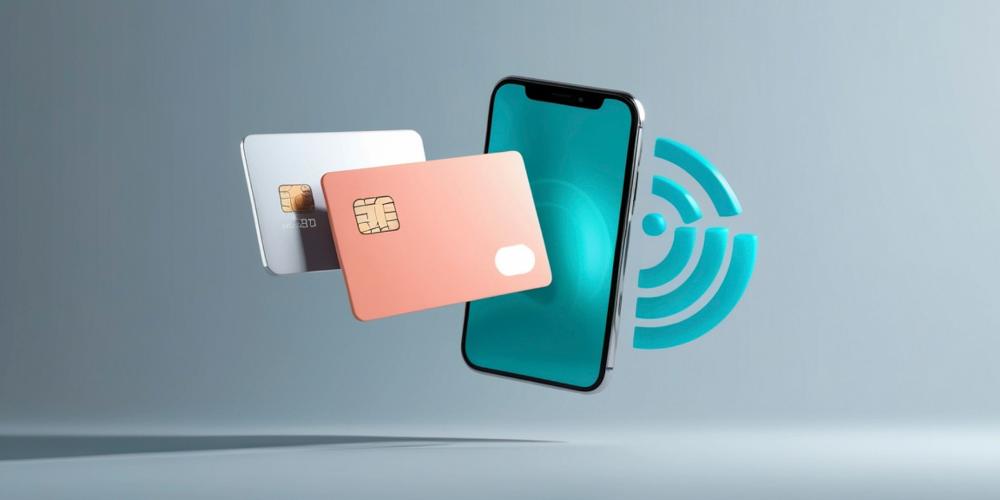
What are the challenges sites are facing with payment?
One aspect is paying sites for the work that they do. I know when I entered into the industry, there was a mentality of “That’s part of doing research” or “We won’t pay for that.” When we’re trying to recruit the appropriate patients, it takes additional time and effort. Often, we’re not even reimbursing for that additional work needed to recruit a specific patient population.
Additionally, most pharma only pay sites every 90 days. In no other industry do you pay people every 90 days. Sites don’t have a lot of money in their accounts to support them. Oftentimes, I’m hearing that sites only have enough to fund and pay their staff for about two months. And oftentimes, sites are paid late, after the 90 days. Sometimes, the CRO doesn’t get the money from the sponsor, or the sponsor is reviewing an invoice. Paying sites on-time, or even monthly, would make such a huge difference.
What are the issues for sites when it comes to staffing?
When COVID hit, pharma stopped some of their trials or halted some of their trials and because of that, sites weren’t getting the same income. They lost resources from studies being put on hold. They also lost resources due to personnel choosing to leave healthcare. At the same time, both pharma and CROs were pulling resources from the sites and hiring them, taking trained site individuals onto the other side of the equation.
Because of that, sites are operating at 60% capacity, while operationalizing highly complex and burdensome trials. And it doesn’t mean that they’re doing 60% of the work. It means they’re working twice as hard.
"Paying sites on-time, or even monthly, would make such a huge difference."
What can pharma do to help the staffing problem?
We have to be understanding and ask each site what we can do to help. Some might say, “Give me a few more months to hire someone.” Others might say, “My team wants to work on the weekends. Would you be willing to fund additional money?” Some sites can’t increase their capacity in terms of actual bodies, but their teams might be willing to come in one weekend a month to get caught up on data entry. There is no one-size-fits-all, which can be challenging for pharma. You have to take the time to get to know your site and understand what they need.
What is the technology burden for sites?
Technology is complicated and it’s all over the place, even within certain programs. All the time, sites say, “I’m working on a whole program of trials and I have one clinical trial manager for one study and a different one for the other.” They’re even working on two different systems, and it’s technology overload.
Sites want technology, because they want anything that can help them with their work, but we’re not putting the site perspective front and center or giving them the option to review what we’re proposing. It may save hours of time for the sponsor side, but add 20 hours to the site side. So, we have to keep the site top of mind.
"Sites are operating at 60% capacity, while operationalizing highly complex and burdensome trials. And it doesn’t mean that they’re doing 60% of the work. It means they’re working twice as hard."
What is the solution from sponsors to ease the technology burden?
There is technology that sponsors have to provide, and I don’t think there is a way around that. But I think sponsors can plan better and have sites test the technology and platform. Even if it’s not specific to a study, have a site involved with the platform testing and pay them for their time. If they can’t meet during preferred hours, treat them like any other KOL and plan around them. If you really want their input, you need to meet them where they are.
How are you ensuring that the site perspective is prevalent within Endo?
Our philosophy at Endo is “sites as partners,” and it permeates our entire company. In meetings, our team members are saying, “Did you think about the site?” or “I don’t think that’s going to work for this site.” We have someone at Endo who was a site director for 18 years and she’ll provide information like, “That’s great from a scientific perspective, but impossible for the site.”
We actually do something called ‘walk-throughs’, where we walk through the entire protocol. It takes hours, and we go through the protocol step by step to see if it makes sense and if it’s possible. Everyone thinks their protocols are perfect, but when we actually did the walk-throughs, we made changes because we realized, “Doing X this way doesn’t make sense.” Even though we may have had sites review the protocols, reading and acting are two different things. Until you literally walk through it, you don't realize what is feasible and what isn’t.
Endo works with research-naive sites. What have you learned about that, in terms of what they need, and what would you stress to other sponsors?
We recognize that the old mentality of “I want a tried-and-true site for my trial” doesn’t work anymore with how the industry is changing. We’re not seeing a lot of PIs or younger-career doctors raising their hand to do research. So, our philosophy has been to partner with research-naive sites that do want to get into research and support them in that.
For example, we had one of our research-naive sites come in and speak about how we had partnered and walked alongside them to create the necessary SOPs to establish a site. That took nine months while running their own practice, but now they’re one of our highest enrollers.
How do you work and engage with sites when they are so overburdened/under capacity?
You have to meet them where they are. They might come back to you and say, “I can plan it for next month, but it has to be at 8:00 at night, or it has to be a Saturday.” Sites are overburdened, and sponsors may feel like they don’t want to ask for too much, but if the ask is something that helps sites overall, they will make the time. But you also have to pay them, just as you would do for your vendors, your KOLs, etc. If you want to engage with sites, ask their opinion on things, etc., you need to pay for that.
When you look at the intersection of protocols increasing in complexity and sites being under capacity, how do you square those?
Complicated protocols come with complicated science, especially as science advances. However, the industry is overcomplicating protocols by leaving things in there that don’t need to be done “just because that’s the way we’ve always done it,” or because “the regulatory bodies are going to need it.” But have we asked the FDA? Because there is data being collected that we don’t need to collect anymore. That is where we can find the balance: removing carryovers.
"Sites are overburdened, and sponsors may feel like they don’t want to ask for too much, but if the ask is something that helps sites overall, they will make the time."
What other work with sites can you share from Endo?
We have a site advisory board and we remain very involved with sites. There is mixed messaging in the industry that if a CRO is involved, the sponsor can’t contact the sites directly. But we make it very clear at the beginning to any CRO we work with that we will be very involved and hold direct relationships with our sites.
To avoid confusion for the site about who to contact for what, we make a clear communication plan. If a site is confused, we can reach out to the CRO on their behalf, so that we’re not interfering, but we don’t put a wall between ourselves and our sites. We’re all partners, and it’s important to retain that relationship. If you lose that direct communication, how can you be truly overseeing the trial?
How are you seeing things change, with either metrics or different behaviors, as a result of a site-centric focus?
Metrics can be difficult in this area, but we do questionnaires to make sure that we are trying to accommodate site challenges. And we pay our sites on time, and we pay monthly. If you keep them paid, if you listen to them, in the end, whether or not you have the numbers to prove it, it will produce better relationships.
A core value of ours is empathy. It can go so far just to listen. You might not be able to change everything or address everything, but you can explain why things have to be done a certain way. That listening and that transparency goes a long way for sites.









